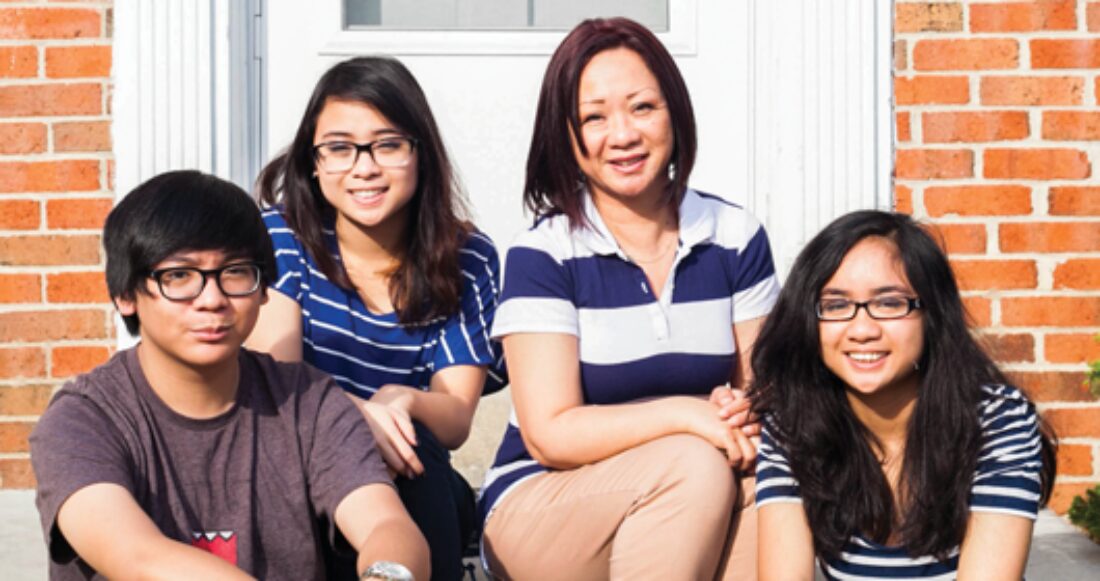Every Kid Needs a Family: Putting Kin First in Washington, D.C.

When young people come into the care of the child welfare system and cannot live with their own parents, the next best thing a caseworker can do is to find a loving relative or close friend who can keep the child close to home in every sense. Called kinship foster care, this living arrangement helps keep a child’s life as normal as possible during a time of great instability, transition and hurt.
Unfortunately, 1 in 7 children removed from their homes lives in group placements. Many of these young people, especially teens, spend their very first night in the care of child welfare in such a setting, even though federal law calls for them to live in a family whenever possible.
Some child welfare agencies have recognized that when they make a greater effort to find relatives or close family friends to care for children, group placements go down.
Washington, D.C.’s Child and Family Services Agency has made finding kin a top priority, creating a rapid turnaround process to make it as easy as possible for kin to take on the responsibility of caring for a young person. The program, called KinFirst, created an approach for frontline caseworkers to follow when working with parents.
The process begins when child protection workers first encounter parents in need of help, so that family members are actively engaged in identifying other family members from the beginning. A Diligent Search Unit scours a series of databases to find other relatives who may be able to take in the child. An expedited kin licensing process takes as little as four hours. Collaboration with caseworker unions, agreements that cross local jurisdictions and emergency flexible funds to help families in crisis contribute to a comprehensive approach to the agency’s goal of helping kids grow up in families, not institutions.
And when children are formally removed from home, notices of those removals must include the list of identified relatives, with comments explaining why relatives could not be immediate placement resources.
Learn more about the KinFirst program and other practices that help children in the child welfare system live in families by reading the Every Kid Needs a Family KIDS COUNT policy report.





